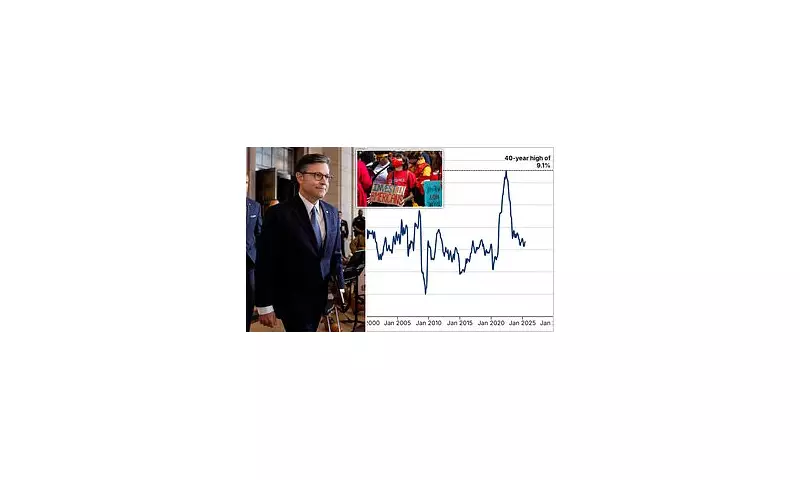
A contentious debate over fairness and political privilege has been ignited in Westminster, as MPs are poised to receive a substantial pay increase that far outpaces the wage growth experienced by most of the British public.
The Numbers Behind the Increase
The Independent Parliamentary Standards Authority (IPSA), the body responsible for setting MP salaries, has recommended a pay rise linked to the average public sector earnings increase of 5.7%. This would see an MP's annual salary jump from £86,584 to approximately £91,346—a boost of nearly £4,800 this year, with a further £2,200 expected next April.
This uplift is calculated using a three-month average of public sector earnings from July, a figure that is significantly higher than the current rate of inflation and the wage settlements seen in many struggling industries.
A Tale of Two Economies
The proposed increase stands in stark contrast to the financial reality for millions of Britons. While MPs benefit from this inflation-busting raise, the UK grapples with:
- Sluggish wage growth in the private sector, failing to keep pace with the cost of living.
- Ongoing industrial disputes from nurses, junior doctors, and railway workers fighting for fair pay.
- A rising inflation rate that continues to squeeze household budgets.
This disparity has not gone unnoticed, with critics labelling the move as "utterly obscene" and a slap in the face to public sector workers who have faced real-terms pay cuts.
Defence from the Watchdog
IPSA has defended its decision, emphasising its operational independence from Parliament. A spokesman stated the mechanism for the increase is a "transparent and automatic process" based on official ONS data, designed to remove politics from the pay-setting process.
The watchdog argues that linking the rise to public sector earnings is the most objective method, ensuring MPs' pay reflects wider economic conditions without requiring a direct vote—a process that has historically proved controversial and uncomfortable for politicians.
A History of Controversy
MPs' pay has long been a political hot potato. The current system was established in 2015 precisely to avoid the annual public spectacle of MPs voting on their own salaries. However, the outcome continues to generate fierce public and media backlash, particularly during times of economic hardship and austerity.
This latest proposed increase ensures that an MP's salary will have risen by over £30,000 since the 2010 election, further fuelling the debate over the gap between Westminster and the constituents it represents.





